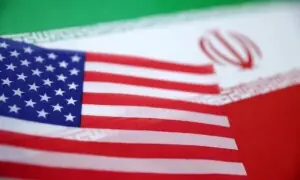Owners of 100,000 properties unknown in UK
2 min readOver two-thirds of English and Welsh properties held by foreign shell companies do not report the identity of their owners, according to analysis reported by The Guardian.
The analysis has found flaws in United Kingdom laws meant to prevent oligarchs from hiding their wealth.
The UK government introduced a register of overseas entities in August 2022 after Russia attacked Ukraine in February of that year. The decision was made to “flush out corrupt elites laundering money through UK property”. But critics were wary of it due to its severe flaws.
The actual owners of over 100,000 properties in England and Wales controlled via overseas shell companies were not public, according to the report published on Monday by researchers from the London School of Economics and Political Science (LSE), the University of Warwick and the Centre for Public Data.
“We still cannot know whether sanctioned individuals, money-launderers or other corrupt individuals may be benefiting from these properties,” the report found.
It added that legal loopholes were used to hide the ownership of the vast majority – 87% – of the properties. Between 6% and 9% were owned by companies that had ignored the law while the rest had “out-of-date or poorly documented records”.
The analysis found that trusts were used to hold property in 63% of those with obscured overseas ownership. Trusts have been found to have been used extensively by Russian oligarchs, whose property holdings have been revealed in some cases only thanks to leaks of private data.
Andy Summers, an associate professor at the LSE, said: “There is no point building a dam halfway across a river. These gaps are threatening the efficacy of the entire register and the government should close them at the earliest opportunity.”
For the latest news, follow us on Twitter @Aaj_Urdu. We are also on Facebook, Instagram and YouTube.


























Comments are closed on this story.